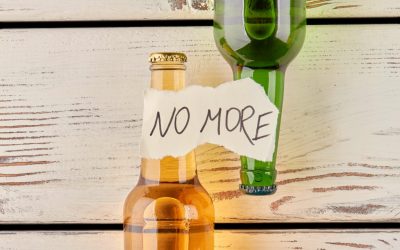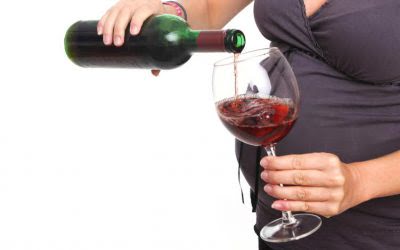Any beverage containing 4% and above alcoholic contents alcoholism can cause dehydration. Too much consumption may even lead to a visit to the hospital. Drinking beer causes loss of necessary sodium, magnesium, and potassium electrolyte from the body and more urination after every 15 minutes, which results in dehydration. In fact, drinking alcohol inhibits your body’s ability to burn fat and generate ketones, and even small amounts of alcoholic beverages can affect ketosis. A study published in the Journal of Applied Physiology found that while alcohol did have a diuretic effect, it did not cause substantial dehydration when consumed in moderation.
Whole Food Multivitamin with Minerals – 60 Capsules
Individuals with pre-existing conditions that affect fluid balance, such as kidney disease or diabetes, may be at a higher risk of dehydration from wine consumption. Having a few drinks can be fun, but feeling dehydrated or hungover is not. It’s up to you to decide if the pleasures of alcohol are worth the potential next-day effects. Follow drinking behaviors that are best for you, not what everyone else is doing.
Top 10 Best Beers From Uzbekistan

By enjoying a glass or two of wine, you are unlikely to experience any noticeable dehydrating effects. If you have a routine, drinking a chilled can of beer after exercise or love to drink on a hot sunny day, it’s high time you change your habit. Drinking beer on an empty stomach gives its alcoholic contents a quick entry into your bloodstream as compared to drinking while having lunch or dinner. When you’re eating and drinking side-by-side, it takes time for your body to break down each content. Alcohol can lead to dehydration, but why does alcohol dehydrate you?
How to Get Rid of Hangover Shakes
To get back into ketosis faster, it’s best to strictly limit your net carb intake, drink plenty of water, engage in physical activity, and consume healthy fats and medium-chain triglycerides (MCTs). While pure alcohol, or ethanol, is carb-free, most alcoholic beverages contain carbs. Drinking too much alcohol too quickly means your body won’t be able to process it fast enough. As a rule, it takes one hour for your body to process one alcoholic drink, so making your drink last longer, and therefore drinking less and more slowly will help keep you can wine dehydrate you hydrated. Most other red wine salts available for purchase, like this one from Salty Provisions, are also flaky salts meant for finishing.
Does wine have a higher dehydrating effect than other alcoholic beverages?
While no alcoholic drink can be considered hydrating, some are less dehydrating than others. Drinking water before, during, and after alcohol consumption can help prevent dehydration. Water can help replace lost fluids, maintain electrolyte balance, and aid kidney function. But if you insist on having a drink or two, there are things you can do to mitigate the dehydrating effects of alcohol. Remember that list of things that makes alcohol-related dehydration worse?
In other words, you’d be about as dehydrated drinking the wine as you would not be drinking anything, period. This is one reason why drinking water with wine leaves you with a less potent or faster buzz. If you drink wine without water, your buzz is likely to be stronger and last for longer. But you may also encounter negative or uncomfortable side effects because reduced vasopressin leads to dehydration.
- If we’re experiencing any of these after excessive alcohol consumption, we could have alcohol dehydration, which can result in serious health consequences.
- Red wine salt is a dry mixture, and the process of dehydrating the wine concentrates its flavor.
- Dehydration certainly contributes to hangovers but it’s just a piece of the puzzle.
- To stay hydrated while enjoying red wine, consider some tips.
- If you want to stay buzzed but don’t want to be as dehydrated, grab a bottle of beer instead.
When you’re feeling thirsty or dehydrated, reaching for a refreshing beverage may seem like common sense. Yes, the amount of 5% beer you drink and how quickly you drink it will affect how dehydrated you become. The more beer you drink, and the faster you drink it, the more dehydrated you will become.

- In conclusion, while non-alcoholic beer contains the necessary water and electrolytes for rehydration, it may not be the optimal choice for post-workout recovery.
- For example, if a person drinks multiple glasses of red wine without hydrating, they may experience symptoms like headaches, dry mouth, or fatigue, indicating that dehydration may have occurred.
Ten grams of alcohol is about 12.5 millilitres (but you can call it 10 mL and still be fairly accurate). So each glass of beer, wine, or spirits has about 10 grams of alcohol. So in general, each shot of alcohol makes you urinate an extra 120 millilitres of urine on top of your normal urine output. We humans have been making and drinking alcohol for thousands of years. Alcohol can steer your body towards dehydration, but water and a heaping helping of electrolytes can help with course correction.

